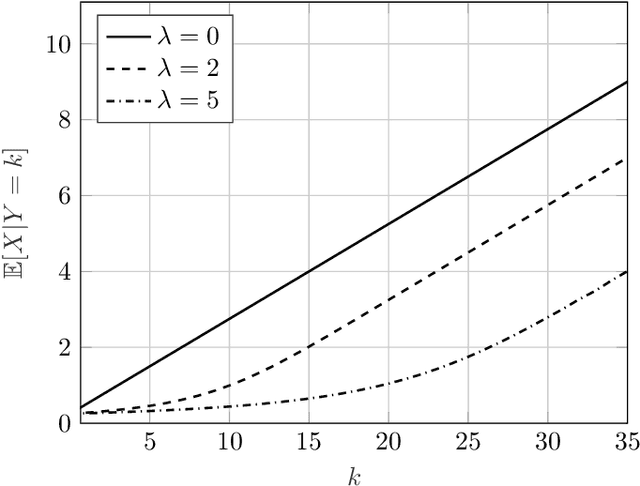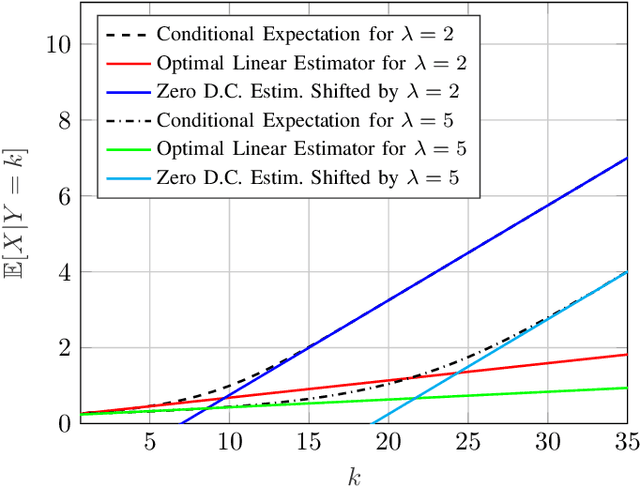Michael Fauss
Test Security in Remote Testing Age: Perspectives from Process Data Analytics and AI
Nov 20, 2024Abstract:The COVID-19 pandemic has accelerated the implementation and acceptance of remotely proctored high-stake assessments. While the flexible administration of the tests brings forth many values, it raises test security-related concerns. Meanwhile, artificial intelligence (AI) has witnessed tremendous advances in the last five years. Many AI tools (such as the very recent ChatGPT) can generate high-quality responses to test items. These new developments require test security research beyond the statistical analysis of scores and response time. Data analytics and AI methods based on clickstream process data can get us deeper insight into the test-taking process and hold great promise for securing remotely administered high-stakes tests. This chapter uses real-world examples to show that this is indeed the case.
Evaluating AI-Generated Essays with GRE Analytical Writing Assessment
Oct 24, 2024



Abstract:The recent revolutionary advance in generative AI enables the generation of realistic and coherent texts by large language models (LLMs). Despite many existing evaluation metrics on the quality of the generated texts, there is still a lack of rigorous assessment of how well LLMs perform in complex and demanding writing assessments. This study examines essays generated by ten leading LLMs for the analytical writing assessment of the Graduate Record Exam (GRE). We assessed these essays using both human raters and the e-rater automated scoring engine as used in the GRE scoring pipeline. Notably, the top-performing Gemini and GPT-4o received an average score of 4.78 and 4.67, respectively, falling between "generally thoughtful, well-developed analysis of the issue and conveys meaning clearly" and "presents a competent analysis of the issue and conveys meaning with acceptable clarity" according to the GRE scoring guideline. We also evaluated the detection accuracy of these essays, with detectors trained on essays generated by the same and different LLMs.
The Vector Poisson Channel: On the Linearity of the Conditional Mean Estimator
Mar 19, 2020

Abstract:This work studies properties of the conditional mean estimator in vector Poisson noise. The main emphasis is to study conditions on prior distributions that induce linearity of the conditional mean estimator. The paper consists of two main results. The first result shows that the only distribution that induces the linearity of the conditional mean estimator is a product gamma distribution. Moreover, it is shown that the conditional mean estimator cannot be linear when the dark current parameter of the Poisson noise is non-zero. The second result produces a quantitative refinement of the first result. Specifically, it is shown that if the conditional mean estimator is close to linear in a mean squared error sense, then the prior distribution must be close to a product gamma distribution in terms of their characteristic functions. Finally, the results are compared to their Gaussian counterparts.
 Add to Chrome
Add to Chrome Add to Firefox
Add to Firefox Add to Edge
Add to Edge